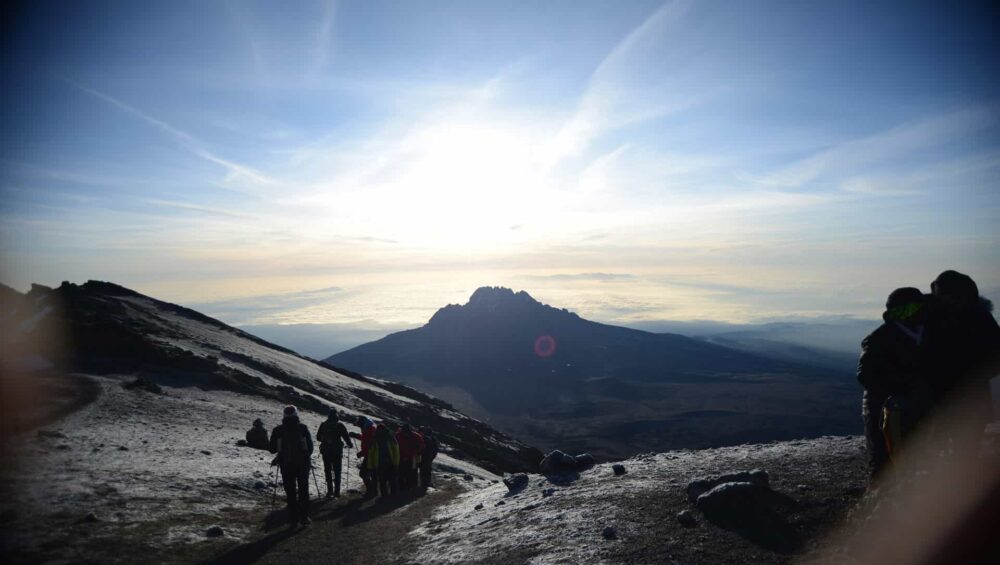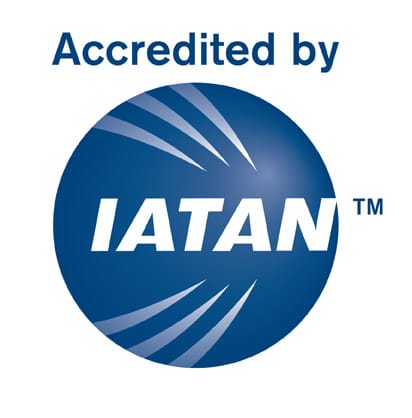Tipping is always a popular subject with Tanzania safaris, Kilimanjaro hiking, and the overall Tanzania Holiday. Travelers often ask themselves, “How much should I tip?” or “Why should I tip?” After paying for your safari it is only logical asking yourself these questions given the sums already paid for the safari.
Tipping culture & its origin in Tanzania
Tanzania is not a wealthy country, and Westerners might see the local customary wages as unjust. So it has always been a tradition to tip your safari crew or mountain crew and others who serve you while traveling in Tanzania. In fact, it is fair to say tips are expected when traveling through Tanzania and the crew or servers will feel unappreciated when not tipped.
Why is tipping so important & why should you tip?
The reasons are:
- Guides, cooks, and other staff derive much of their income from tips. On the other hand, it subsidizes the wages they receive. As a company, we try our best to make sure our crew and staff get fair wages, which we pride in ourselves as we pay better than the average market rate. However, this is not quite enough as most of our crew is hired on a temporary basis and there can be time lags between being on a job and being out of a job. (There might be a huge interval between one safari and the other, so the tips which they receive is a very important additional income.)
- Tip to show gratitude and appreciation, as most of the crew will work tirelessly to ensure clients get the best out of their experience, thus going further than things which are required. For example, while on a hike, some porters carry small backpacks which are to be with clients, some go as far as carrying the client so as to increase his/her chances to summit. On safaris, guides are known to risk getting fined but ensure clients get more on evening game drives which by park regulations are to end by 6:00 pm, some go off-trail to ensure clients get closer to animals (however, none of this is required of them and is heavily discouraged by “companies”).
- Tips encourage and motivates your crew, as employers in this industry we understand that the best guides, chefs will leave better-paying companies for less pay if they will derive more in tips in the later company, after letting you in on this we believe you understand how tips are crucial to the overall performance of the crew.
How to make sure your tip gets where you intend it to?
You should make an effort to hand your tip directly to the person it is for. In this way, you can help ensure that your wishes are being respected. It is fine if you wish to put your tip into an envelope or give a group tip to be divided evenly but you should make an effort to let the crew know so each can receive it as you planned.
When to tip?
Most clients tip at the end of the safari, which makes sense as it should be based upon the overall satisfaction of your crew.
Note: Why don’t safari soles add a surcharge to the trip’s price to cover tips?
Tipping in Tanzania is tax-free, and adding it onto the price will be subjected to 18% increase on the price and as the tips will then be considered as official income to the crew it will then be subjected to income tax. Hence lowering the value, the crew receives or increases the tip amount to the client.
Transparency, we do believe our team has full trust in us but to ensure we don’t ever have to explain we encourage our clients to tip directly and recommend that those who feel the need to be discreet should use envelopes.
Who to tip?
- Guides
- Cook
- Servers
Factors to consider when tipping
- Number of days on tour
- Private or group tour
- Performance of crew
- Tipping currency
Tipping can be done via foreign or local currency. For foreign currency, we recommend you use US dollars, euros, or pound sterling, as this can be easily converted to Tanzanian shillings.
Tipping guideline on a Tanzania safari
Tipping is slightly different on the tour you are taking, so here is a guideline that will help you sort and plan thoroughly.
Tanzania Safari tipping guideline
We recommend that travelers tip between the below guideline. However, tipping is not mandatory or enforced but highly recommended. As it is a safari tradition and the crew will be expecting some tips. you can tip more or less depending on the performance of the crew.
US$ 8 -10 per guest per day for a group guide
US$ 20 – 30 per guest per day for a private guide
US$ 8 -10 per guest per day for a group safari chef
US$ 15 – 25 per guest per day for a private safari chef
US$ 1-5 for general staff
Note: The minimum tip to a private guide is assuming you are two and the maximum is assuming you are one; if you are on a private group of more than three, we recommend you use group guide guideline.
Tipping guideline on a Kilimanjaro hike.
Unlike tipping on a safari, tipping in Kilimanjaro is not much of a bonus or reward particularly attentive service, but a mandatory payment to subsidize wages porters or guides receive.
First will have to keep you informed on wages.
The minimum wage set is 10 USD a day per porter, 20 USD per guide, and 15 USD per assistant guide and mountain cook. Again, we emphasize that there may be a time lag between one job to the other, however, many companies don’t even pay this figure. If you pay anything less than 1,800 USD for five days and 1,900 USD for six days it is highly likely the wage demands were not met correctly. It is fair to say even when the minimum wage requirement is met, these wages are still not fair and that’s why we recommend each client to tip.
Each group will have
- Head guide
- Assistant guide
- Cook
- Porters
Toilet porters & assistant cook (occasionally depends on package purchased or group size).
Tanzania Tipping guidelines per Group per day:
Head Guide: 20 – 25 USD.
Assistance Guide: 12 – 20 USD.
Cook: 12 – 20 USD.
Assistant cook: 10- 15 USD.
Porter: 7 – 10 USD
Note: joining a group will reduce your tip figure as a tipping obligation will be shared among the group.
Example:
Tipping guideline on Kilimanjaro
For a 6-day trek, the total tipping value per group and climber would look as follows.
| No. of trekkers (US$) | 1 Climber | 2 Climbers | 3 Climbers | 4 Climbers |
| Guide | $120-150 | $120-150 | $150-175 | $150-175 |
| Assistant Guide | ___ | $90-105 | $90-105 | $180-210 |
| Cooks | $72-105 | $72-105 | $105-120 | $105-120 |
| Porters | $168- 240 | $294-490 | $378- 540 | $462-660 |
| Total for group | $360-495 | $576-850 | $723-940 | $897-1165 |
| Per climber | $360-495 | $288-425 | $241-313 | $224-291 |
Kilimanjaro tipping guideline
Note: 1 Climber 4 porter, 2 Climbers 7 porters, 3 Climbers 9 Porters, 4 Climbers 11 Porters and 2 Assistant Guide.
Climbers choosing treks with more or less should consider an average increase or decrease of $60 in their tipping budget.
Note: Climbers who find tipping well above their budget could consider donating hiking gear directly to the crew if they don’t plan on using them again.
Donation of Clothing & Equipment.
You might consider donating your clothing and equipment to the climbing team in addition to tipping them after your climb. Remember that the staff climbs Kilimanjaro many times a year and can go through their clothes and gear rather quickly.
You can be straightforward to ask if something is needed and then donate it individually. Your donation is of great assistance to these individuals, many of whom are unwilling to spend their money on material goods they consider a luxury rather than a necessity.
They will appreciate your generosity tremendously as this will make their hard job even easier. Avoid giving items to your guide for distribution to porters.
Donations should be given directly to the individuals they are intended for, perhaps those with the greatest need or who were of particularly good service.
Tipping Ceremony on Kilimanjaro on the last day (after the summit).
Tipping will be done on the last day of the trek in what is known as the tipping ceremony.
The head guide will assemble the entire staff to say a word of thanks. Tips can be made in US dollars (USD) or Tanzanian Shillings (TSH). It is very important that US bills are not older than 2010, as they are not accepted in the country or will derive a lower value in Tanzania.
It is very helpful to organize a well-estimated amount of USD before arrival, as exchange rates may vary a lot.






